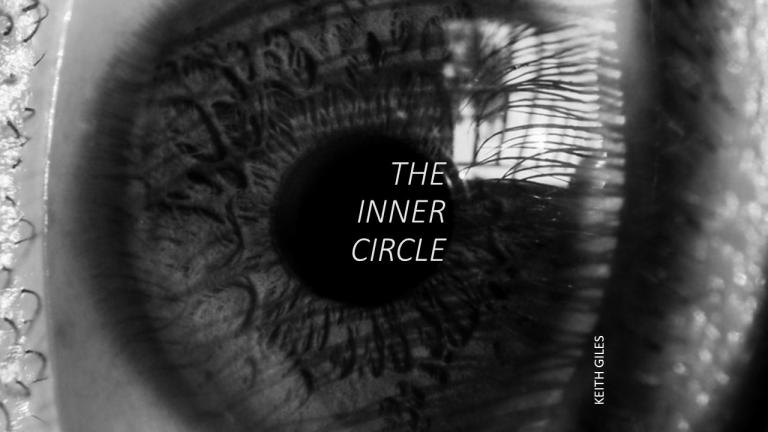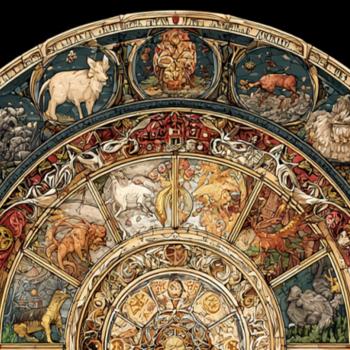This saying is quite similar to an exchange between Jesus and the Pharisees found in John’s Gospel, chapter 8 where they ask “Who are you?” and his reply is much the same as found here: “Just what I have been telling you from the beginning…I have much to say in judgement of you. But he who sent me is trustworthy, and what I have heard from him I tell the world.” [8:25-26]
Here, it is Jesus’s own disciples who question him with “Who are you?” and in response Jesus compares them to the Jewish leaders who asked the exact same thing. He even appeals to “…the things I am saying to you” as evidence of his identity, as he does in John 8:26 where he says he is “just what I have been telling you from the beginning.”
This is another curious overlap with the Gospel of John, however in this case it is the Gospel of Thomas that is seemingly reacting to something from John’s Gospel rather than John responding to something in Thomas. Perhaps this saying was added later, after John’s version was published, and the comparison to “the Judeans” is a direct reference to John 8:26. If not, then the parallels between the two texts in this case might suggest that both Gospels are referencing the before and after side of the two conversations with John reporting the exchange between Jesus and the Pharisees and Thomas providing insight into what Jesus and his disciples talked about later in private.
At any rate, the saying involves a question for Jesus about his identity from his own inner circle of disciples. There’s no sense that they doubt him in any way, but simply want to know more about who he is, or at least to know how Jesus would describe himself to them in his own words.
As with most of those who come to Jesus with a direct question, they receive no straight answers, but, instead, get asked a question of their own to ponder: “Do you not understand who I am from the things I am saying to you?”
This question puts them back into a place of wondering and remembering everything he has said to them thus far. If they believe what he’s been saying to them, they will have no doubts about who he is, and, in fact, will understand who they are as well, in a much deeper way.
Jesus follows up his question to them with an observation that is unique to this text. He observes that the Jewish leaders who question him have become like those who “love the tree and hate its fruit, and who love the fruit and hate the tree.”
What are we to make of this? Rather than examine every nuance of this saying, let’s simply step back and realize that there is no fruit without the tree, and no tree without the fruit, which provides the seeds to grow the tree in the first place. The tree and the fruit are one. They are inseparable from one another. You can’t have fruit without trees, and you can’t have trees without the seeds which come from the fruit. The two are one.
So, when Jesus says that those who doubt him and question him are loving the tree but hating the fruit, or vice versa, he’s pointing out – once again – that there is no separation between God and humanity. We cannot love God if we hate one another and we can’t love one another if we hate God. God is love and we are all made in the image of God, who is love.
How can we say we love God if we hate our brothers and sisters? How can we love the tree and hate the fruit of that tree? How can we love the fruit and hate the tree that produced it? This is not merely about God and Jesus, it’s about God and everyone who is made in the image of God, which is everyone.
The saying invites us to dig deeper and to ponder the mystery of our connection with God and one another. As we consider the relationship between tree and fruit, we can see how foolish it is to hate one and love the other since it is impossible to separate the fruit from the tree, or the tree from the fruit. If we accept one, we must accept the other. If we love the source, we must love what comes from the source.
There is no other way.
Keith Giles is the best-selling author of the Jesus Un series. He has appeared on CNN, USA Today, BuzzFeed, and John Fugelsang’s “Tell Me Everything.” His latest book, SOLA MYSTERIUM: Celebrating the Beautiful Uncertainty of Everything is available now on Amazon in paperback and on Kindle.














